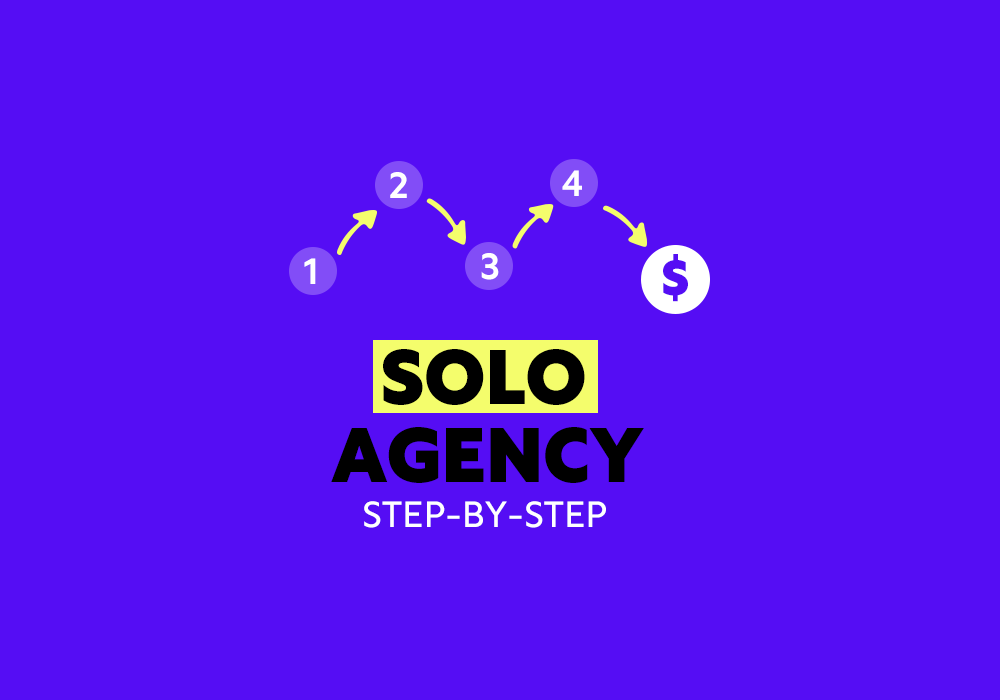The idea of running a successful agency as a solo entrepreneur seems impossible to most people. How can one person handle sales, delivery, client management, and business operations? The truth is, thousands of entrepreneurs are doing exactly this, generating six and seven-figure revenues without traditional employees. Here’s the blueprint they’re following.
The Specialization Advantage
Solo agency owners succeed by becoming incredibly specialized rather than trying to be everything to everyone. Instead of offering ‘digital marketing services,’ they focus on ‘lead generation for dental practices’ or ‘e-commerce conversion optimization for fashion brands.’
This specialization creates several advantages. You develop deep expertise faster, your marketing becomes more targeted and effective, you can charge premium prices as a specialist, and you attract better clients who value expertise over general services.
When you’re known as the go-to expert for a specific problem in a specific industry, clients seek you out rather than you having to hunt for them.
The Partner Network Model
Solo doesn’t mean doing everything yourself. The most successful solo agency owners build networks of trusted partners who handle specialized tasks:
- Technical specialists for web development and complex implementations
- Creative partners for design and content creation
- Administrative support for routine tasks and client communication
- Strategic partners for services outside your core expertise
These aren’t employees—they’re independent contractors and partner agencies who work with you on specific projects. You maintain client relationships and overall strategy while leveraging other people’s specialized skills for execution.
Technology as Your Force Multiplier
Solo agency owners are power users of technology. They use automation tools to handle routine tasks, project management systems to keep everything organized, and communication platforms to stay connected with clients and partners.
The right technology stack can make one person as productive as a small team. Customer relationship management systems nurture leads automatically, scheduling tools eliminate back-and-forth emails, and project management platforms keep clients informed without manual updates.
The High-Value Client Strategy
Solo agencies can’t compete on volume, so they compete on value. Instead of serving 50 small clients paying $500 monthly, successful solo agencies serve 5-10 clients paying $5,000-$15,000 monthly.
High-value clients are actually easier to manage than small clients. They have realistic expectations, understand the value of expertise, and are more collaborative in the working relationship. They’re also more likely to refer similar high-value clients.
Productized Service Offerings
Rather than custom solutions for every client, solo agencies develop productized service offerings—standardized packages that deliver specific outcomes through proven processes.
This might be a ’90-Day Lead Generation Launch’ or a ‘Complete E-commerce Optimization Package.’ Each offering has defined scope, timeline, and deliverables. This standardization makes delivery more efficient and results more predictable.
The Freedom Factor
Running an agency solo provides freedoms that larger agencies can’t match. You can make decisions instantly without committee meetings, pivot strategies based on market changes, work with ideal clients exclusively, and maintain higher profit margins without payroll overhead.
You also avoid the common agency trap of becoming a highly-paid project manager for a team of employees. Instead, you remain focused on high-value activities: strategy, client relationships, and business development.
Scaling Without Complexity
The beautiful thing about the solo agency model is that scaling doesn’t require proportional increases in complexity. Adding another $10K monthly client doesn’t mean hiring more staff or finding bigger office space. It means leveraging your existing systems and partner network more effectively.
Many solo agency owners eventually choose to bring on team members, but they do so from a position of strength rather than necessity. They’ve proven the model works and have systems in place to support growth, rather than hiring out of desperation to handle overwhelming workload.
Running an agency solo isn’t about working more hours—it’s about working more strategically, building better systems, and focusing relentlessly on activities that generate the highest return on your time investment.


